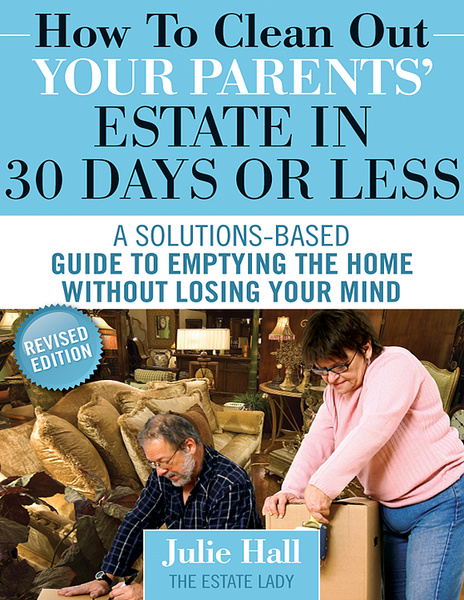(Source unknown)
Ready or not, someday it will all come to an end.
There will be no more sunrises, no minutes, hours or days.
All the things you collected, whether treasures or baubles, will pass on to someone else.
Your wealth, fame, and temporal power will shrivel to irrelevance. It will not matter what you owned or what you owed.
Your grudges, resentments, frustrations and jealousies will disappear. So too, your hopes, dreams, plans, and to-do lists will expire.
The wins and losses that seemed so important will fade away. It won’t matter where you came from, or on what side of the tracks you lived.
It won’t matter if you were beautiful or brilliant, and your gender and skin color will be irrelevant.
So what will matter? How will the value of your days be measured?
What will matter is not what you bought, but what you built.
Not what you got, but what you gave.
What will matter is not your success, but your significance.
It is not what you learned, but what you taught.
What will matter is every act of integrity, compassion, or sacrifice, that empowered, enriched, and encouraged others to emulate your example.
What will matter is not your competence, but your character.
It will not matter how many people you knew, but how many people will feel a lasting loss when you’re gone.
What will matter is not your memories, but the memories that live in those that loved you.
What will matter is how long you will be remembered and for what.
Living a life that matters doesn’t happen by accident. It is a matter of choice.
© 2012 Julie Hall



